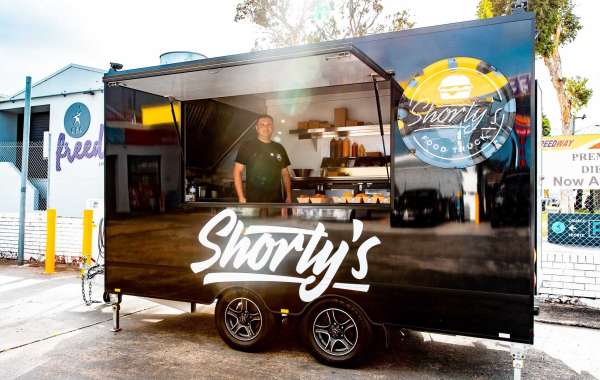1. Understanding the Food Truck Business
Starting a food truck business is not just about selling food. It requires a great deal of planning, preparation, and execution. Before you jump into the business, it is important to understand the basics of the food truck industry.
What is a food truck?
A food truck is a mobile kitchen that serves food to customers on the street or at outdoor events. Food trucks are typically smaller than traditional restaurants and are designed to be easily transported from one location to another.
Advantages of a food truck business
One of the biggest advantages of a food truck business is its mobility. Unlike traditional brick-and-mortar restaurants, food trucks can move to different locations and cater to a wider range of customers. Additionally, food trucks have lower overhead costs, making them a more affordable option for aspiring entrepreneurs.
Challenges of a food truck business
Running a food truck business comes with its own set of challenges. One of the biggest challenges is finding a location to park and operate the food truck. Additionally, food truck owners must comply with various regulations and permits, such as health codes and parking restrictions.
2. Creating a Business Plan
Before you start your food truck business, it is important to create a detailed business plan. A business plan will help you define your goals, identify your target market, and plan your finances.
Market analysis
Your market analysis should identify your target market and competitors. It should also provide an overview of the food truck industry and its trends.
Business structure
Your business structure will depend on your personal preferences and the requirements of your state. You can choose to operate as a sole proprietorship, partnership, limited liability company (LLC), or corporation.
Financial projections
Your financial projections should include startup costs, operating expenses, and revenue projections. It is important to have a solid understanding of your finances before you start your business.
3. Finding a Food Truck
Once you have a business plan in place, you can start looking for a food truck. There are several options for finding a food truck, including buying a new truck, converting a used truck, or leasing a truck.
Buying a new truck
Buying a new truck gives you the opportunity to customize the truck to your specific needs. However, it is also the most expensive option.
Converting a used truck
Converting a used truck is a more affordable option, but it may require more maintenance and repairs.
Leasing a truck
Leasing a truck is a good option for those who want to test the waters before committing to a purchase. However, leasing may come with restrictions on customization and operation.
4. Creating a Menu
Your menu is the heart of your food truck business. It should be tailored to your target market and reflect your unique culinary style.
Market research
Conduct market research to determine the preferences of your target market. This will help you create a menu that appeals to your customers.
Cost analysis
Perform a cost analysis to determine the profitability of each menu item. This will help you set prices that are both affordable for customers and profitable for your business.
5. Marketing Your Food Truck Business
Marketing is crucial for the success of your food truck business. You need to create a strong brand and reach out to your target market










